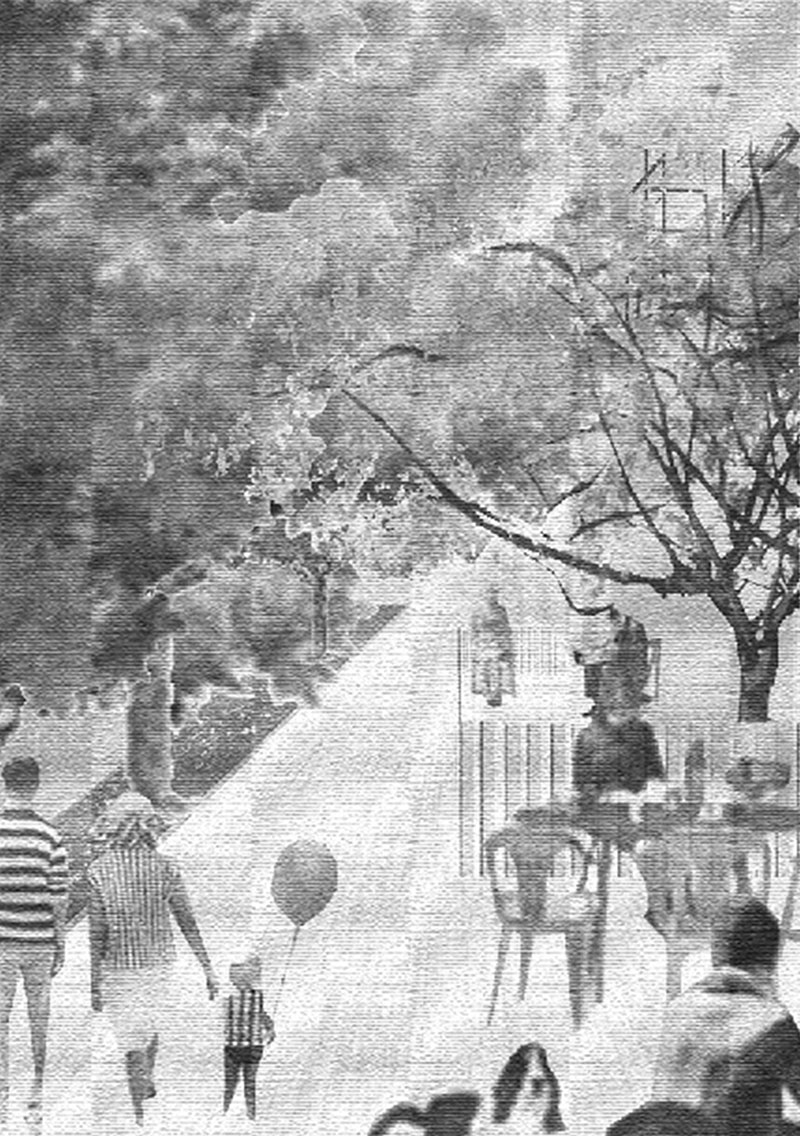Challenges For Collective Densification
Downloads
DOI:
https://doi.org/10.7480/rius.5.3992Abstract
The development of self-organised neighbourhoods positions the residents at the centre of the process. They organise themselves to plan, densify and subsequently manage their dwellings collectively. This chapter focuses on defining the type of management that accompanies the housing densification in condominium tenure, and the challenges related to the maintenance and administration of common property areas. Housing management is understood as a multidimensional process in which the correct performance of the condominium is defined by organisational, technical and sociocultural aspects. From the identification of challenges for the community and the institutions, this chapter reflects on the need for cross-sector collaboration and institutional support to ensure a sustainable long-term management.
How to Cite
Published
Issue
Section
License
Copyright (c) 2019 Luz María Vergara

This work is licensed under a Creative Commons Attribution 4.0 International License.
References
Donoso, R. E., & Elsinga, M. (2016). Management of low-income condominiums in Bogotá and Quito: the balance between property law and self-organisation. International Journal of Housing Policy, 1-23. doi: 10.1080/14616718.2016.1248608
Manuel Jerez, E. d. (2010). Construyendo triángulos para la gestión social del hábitat. Habitat y sociedad, 1, 13-37.
Priemus, H., Dieleman, F., & Clapham, D. (1999). Current developments in social housing management. Netherlands Journal of Housing and the Built Environment, 14(3), 211-223. doi: 10.1007/BF02496678
Straub, A. (2002). Strategic technical management of housing stock: lessons from Dutch housing associations. Building Research and Information, 30(5), 372-381. doi: 10.1080/09613210210150955
Tapia, R., Araos, C., & Salinas, C. (2012). Condominios familiares. Una alternativa de solución residencial para las familias allegadas en lotes tipo 9x18. In P. U. C. d. C. Centro de Políticas Públicas UC (Ed.), Propuestas para Chile 2012 (Irarrázaval, I.; Morandé, M.; Letelier, M. ed., pp. 101-138). Santiago.
Vergara, L. M. (2016). Gestión de la Vivienda Social. Hechos, desafíos y campos de acción. Revista CA. Ciudad y Arquitectura, 152.
Vergara, L. M., Gruis, V., & van der Flier, K. (2019). Understanding Housing Management by Low-income Homeowners: Technical, Organisational and Sociocultural Challenges in Chilean Condominium Housing. Buildings, 9(3), 65.




